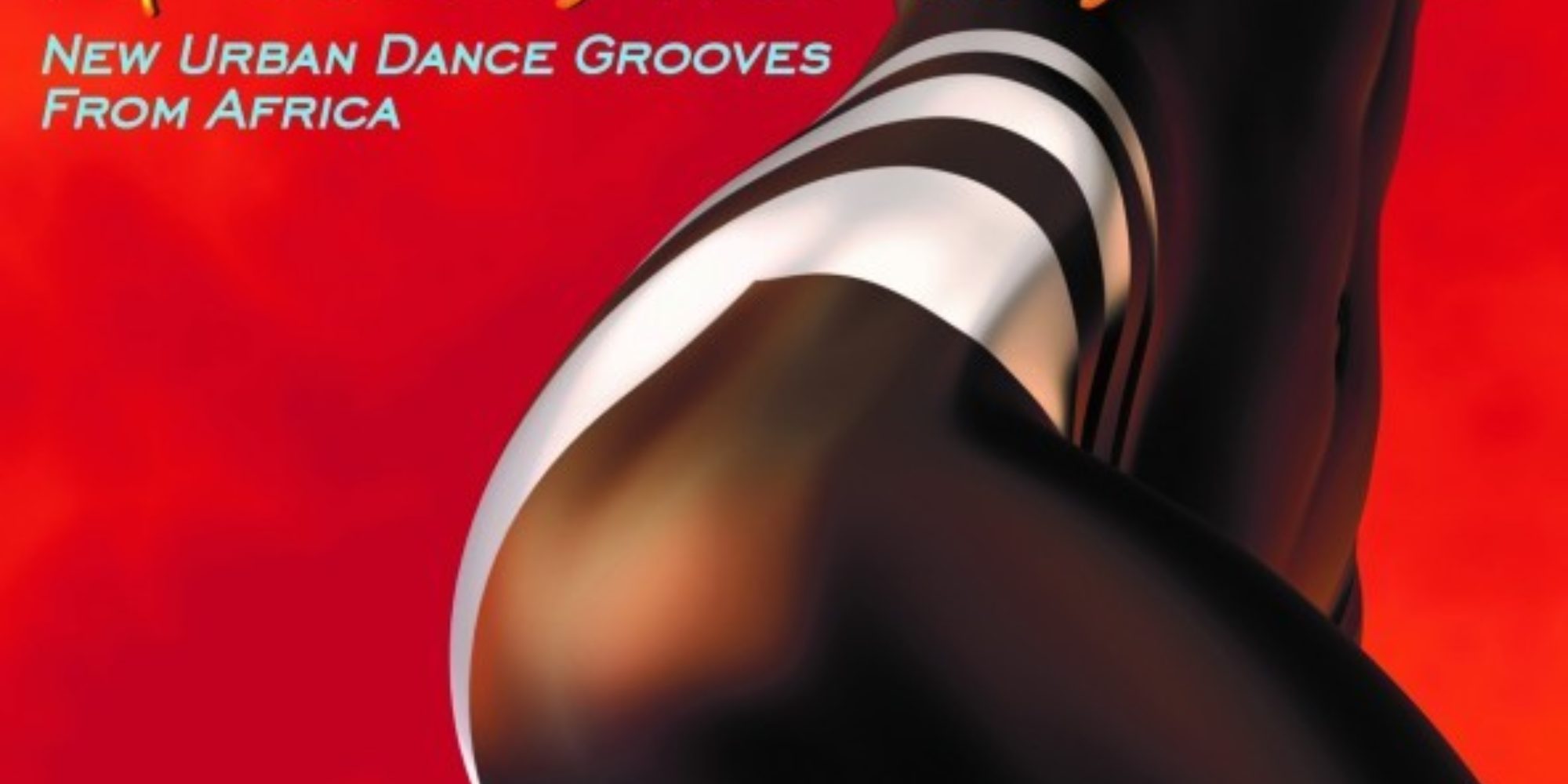Since the early days of our Afropop Worldwide radio program, some 30 years ago, Shanachie Records has been at the forefront of introducing important artists and trends from Africa and the diaspora to a general American audience. From Fela Kuti to Thomas Mapfumo to Tshala Muana, and countless non-Bob Marley reggae greats, Shanachie was one of the first to put the music in commercial record stores. (Remember those?) So it’s not a surprise that the label is out with the first U.S.-produced compilation of the music genre sweeping the African continent and diaspora communities around the world these days: Afrobeats.
Never mind that Africans everywhere have known about these artists for some years now, or that the 14 tracks on this lively collection have all passed their due date by a year or more. That matters in Accra and Lagos, where hits and stars come and go at the speed of lightning. But for most Americans, far removed from music coming out of Africa, this is a fine introduction to the most significant wave of African pop to arrive in a generation.
Davido’s “Skelewu” leads, defining the minimalist techno urgency of the genre. Davido is one of the most prolific hit-makers of the genre, and this track shows why. Listen a few times and just try to get this track out of your head. Wande Coal’s “Rotate” swivels joyously around the refrain “new in town.” steams with tough feminine attitude, garnished with a rich overlay of traditional percussion. Timaya’s “Shake Ur Bum Bum,” remixed here by Sean Paul, is slamming booty-pop, driving the point home with a reference to calabashes. One singer featured here, Rayce, is a particularly strong vocalist, no doubt the reason Shanachie chose to release a companion Afrobeats album of his own work, African Juice</em>.
This is the music of urban youth, on the make, determined to succeed, prosper and love without restraint. It’s party music, infused with a bold optimism defiantly at odds with the realities young Africans face in their day-to-day lives. Nigeria, with its burgeoning populace, endemic government corruption, staggering economic inequality, and paradoxically booming urban economy, is this young genre’s primary trendsetter. But the success of Afrobeats has a lot to do with the way it transcends national, ethnic and language barriers to become the most pan-African sound of its day, boosted by satellite TV music and video award programs viewed in Lagos, Nairobi, Kampala and Johannesburg alike, not to mention London, Atlanta and New York. And artists from all these places and more are getting in on the action.
Listeners will quickly note the superb production values in these tracks. They are dramatically more advanced than the African r&b and hip-hop of the ‘80s and ‘90s. There’s more singing than rapping, most of it AutoTuned to perfection, though generally not to extremes. The beats are sharp and dance-worthy. There are strands of dancehall, hip-hop and older forms of African pop threading through the tracks. The result is a music that’s rich, not bound to formula, unabashedly modern, and produced to match or exceed the sonic impact of pop music anywhere today. All this explains why Afrobeats has come of age in the past decade. African radio stations and nightclubs once fueled by American hip-hop and U.K. dance sounds, now thrive on Afrobeats. It has literally been a revolution, felt by all.
There’s a lot of collaboration in this producer-driven genre. Naija pop diva Yemi Alade teams up with Ghana’s R2Bees on “Pose.” Davido and Tiwa Savage, another Naija pop diva, join forces on a remix of “Woju.” Successful Afrobeats songs are routinely remixed to give them new life. Hits and stars can disappear quickly, which makes this compilation’s claim to be “ultimate” a reach for such a fast-moving genre. But no matter. Once you’ve absorbed these tracks, just log on to YouTube and join the hit parade. Virtually all successful Afrobeats songs come with well-made videos, mostly depicting fantasized expressions of the good life in African towns and cities.
Given this genre’s fixation on success, the name Afrobeats is understandably controversial. This music shares little with Fela Kuti’s Afrobeat, neither in its subject matter—decadent rather than defiant; nor its sound—efficient rather than expansive. But even detractors have to admit that Afrobeats is the African party music of our time. Once they’re done complaining about it, you’ll find them on the dance floor, rotating to the very songs they declaim. For more on the Afrobeat-Afrobeats discourse, check out our program "Remembering Fela." And for the most thorough engaging audio history of the rise of Afrobeats you’ll find anywhere, check out "Lagos and the Rise of Nigerian Afrobeats." Then listen to this set again: We’ll see you on the dance floor.
Related Audio Programs










